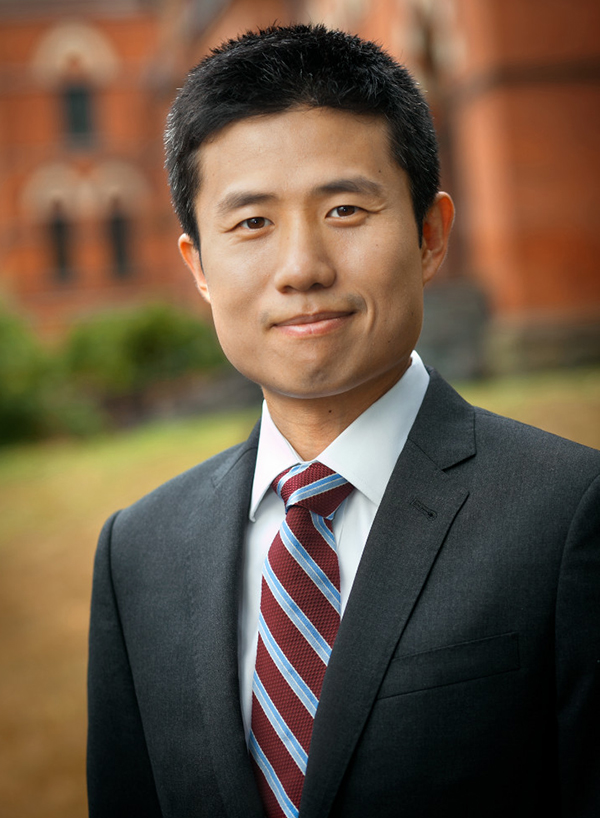Asset redeployability index measures effects of uncertainty
By Joshua A. Krisch

It’s almost never a bad time to invest in computer: If the economy goes south, this “redeployable” asset is relatively easy to liquidate or sell to other firms; there’s always someone in the market for new computers. But oil rigs, for instance, are trickier business: When oil prices plummet and the industry is scrambling to sell, it’s harder to pawn off investments tied up in heavy machinery.
During times of economic uncertainty, after a disaster or a market crash, the effects of this asset redeployability are only magnified. “Basically, uncertainty matters less for people with highly deployable or sellable assets,” said Hyunseob Kim, assistant professor of finance at the Samuel Curtis Johnson Graduate School of Management. “It matters much more if your investment decisions are less reversible.”
In an effort to measure how asset redeployability and economic uncertainty affect the market, Kim and co-author Howard Kung, assistant professor of finance at the London Business School, built the first comprehensive index of redeployability. They then ranked diverse industries with their index and demonstrated that businesses that use less redeployable assets saw fewer investments after world events that launched eras of instability, such as the first Gulf War and 9/11.
Their paper, “The Asset Redeployability Channel: How Uncertainty Affects Corporate Investment,” appears in the January edition of The Review of Financial Studies.
Corporations sell off more than $100 billion in secondary assets per year, and academics have long suspected that economic uncertainty may play a role in dictating when and how corporations invest in assets. Kim launched this study to determine how asset redeployability fits into the equation – whether firms using less redeployable capital are more or less affected by market fluctuations.
Kim and Kung first quantified asset redeployability using the Bureau of Economic Analysis capital flow table, which breaks down capital expenditures across different industries. They then calculated redeployablity scores for major assets, controlling for several outside factors, ultimately assigning higher scores to assets that are used by more industries. Their results comprise the index of redeployability.
“Our innovation here is the notion that different types of tangible assets may have different redeployabilities,” Kim said. “Our index is one of the key contributions of the paper, and we made it available on our website and on the journal’s website.”
Then, they put their index to the test. Even in times of high economic volatility, Kim and Kung found that the industries with the most redeployable assets – leather, tobacco and basic chemicals – saw higher rates of investment than industries with less redeployable assets, such as textiles, paper pulp and apparel manufacturing.
“We are one of the very first to come up with a relatively convincing measure of this important economic quantity – this easiness in terms of reallocating capital,” Kim said. “It’s something practitioners and academics should measure.”
Outside of academia, Kim stresses that understanding how the economy responds to instability is crucial to making smart business decisions. “Major events happen almost every decade, and these events are associated with huge increases in uncertainty,” he said. “Firms need to optimize their decisions in these situations.”
But even for those of us who are not trading in oil rigs or computers, the study could inform our more personal economic decisions. Just as firms would be unwise to invest in non-redeployable assets during times of economic uncertainty, individuals may not want to make risky investments when their job prospects are uncertain.
“Mortgage decisions, marriage, even having children – those are costly commitments that can be difficult to reverse,” Kim said. “If you foresee uncertainty down the road in your job prospects, one of the implications of the paper is that you may not want to make too many commitments today that are costly to undo tomorrow.”
Joshua A. Krisch is a freelance writer.
Media Contact
Get Cornell news delivered right to your inbox.
Subscribe